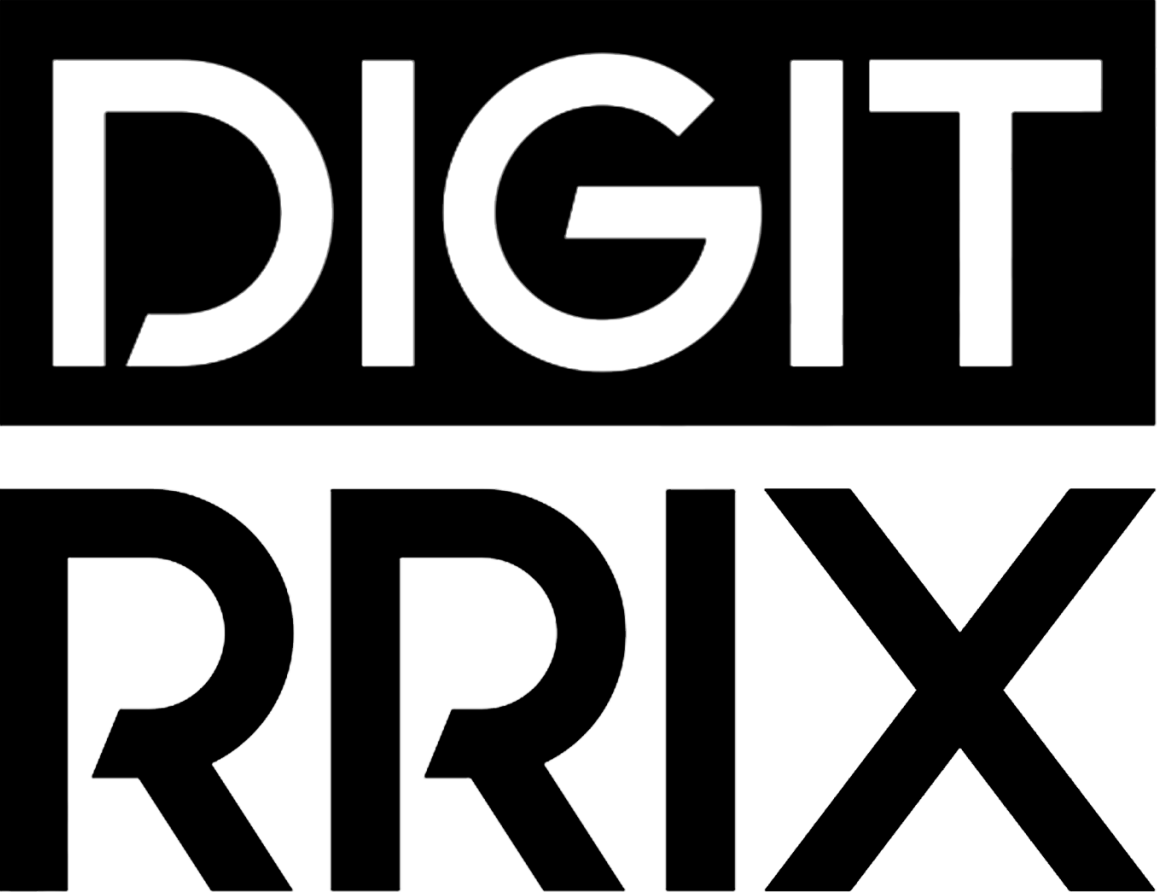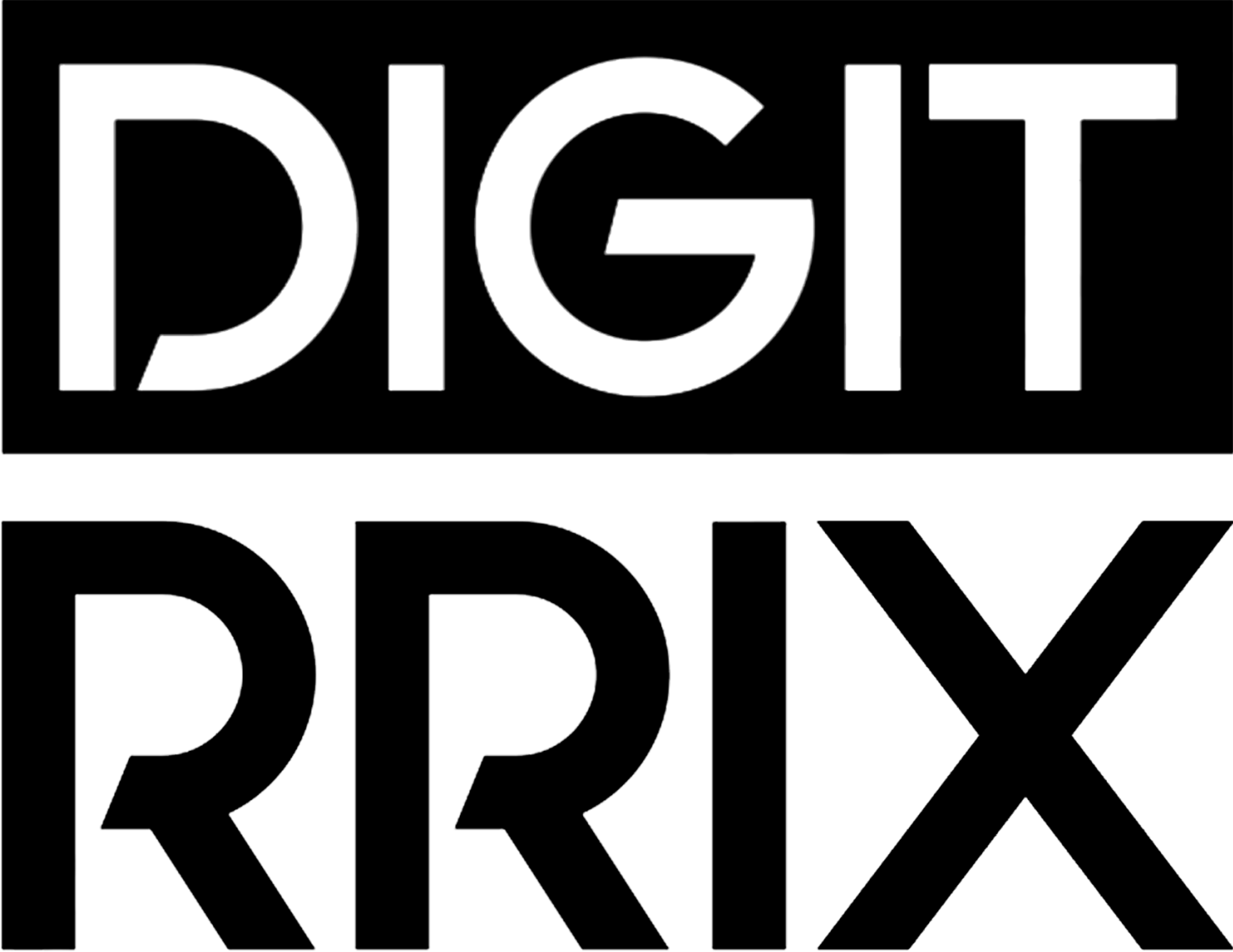
How to Choose the Right Software Service: A Comprehensive Guide
In today’s fast-paced digital landscape, selecting the right software service is crucial for the success and efficiency of your business. As companies increasingly rely on technology to streamline operations and enhance customer experiences, understanding your unique business needs becomes the first step in Choosing Software Service. This comprehensive guide will walk you through key features to consider, evaluate potential providers, and highlight essential factors such as cost, security, and user experience. Moreover, we’ll discuss how to future-proof your investment, ensuring that your chosen service not only meets today’s demands but also adapts to tomorrow’s challenges. Dive in to make an informed decision that drives growth and innovation for your business.
Understanding Your Business Needs in Choosing Software Service
Before diving into the selection of a software service, it is imperative to first understand the unique needs of your business. By conducting a thorough assessment, you can align the software solutions with your strategic goals and operational requirements. Here’s how you can effectively understand your business needs:
- Identify Core Objectives: Pinpoint your organization’s primary goals. Are you looking to enhance productivity, improve customer service, or streamline operations? Clearly defined objectives will help in evaluating whether a software service aligns with your vision.
- Assess Current Challenges: Analyze any existing pain points and obstacles faced by your team. Whether it’s inefficiencies in processes, lack of data integration, or communication barriers, understanding these issues can guide you in choosing features that specifically address them.
- Gauge User Requirements: Engage with various stakeholders within your organization. Gathering insights from end-users—such as team members from sales, marketing, finance, and IT—will provide a comprehensive view of the functionalities needed in a software service.
- Consider Scalability Needs: As your business grows, your software requirements may evolve. Ensure that the service you select can accommodate future growth whether that includes adding more users, integrating new features, or scaling up infrastructure.
- Evaluate Industry Standards: Depending on your sector, certain features may be more critical than others. Stay abreast of industry trends and best practices to determine what functionalities are paramount for effectiveness and competitiveness.
By conducting this comprehensive assessment, you can refine your search for the ideal software service and ensure that you select a solution that not only meets your immediate needs but also supports long-term growth and innovation. Balancing the technical capabilities with your specific business aspirations will set the foundation for successful software implementation.

Key Features to Consider When Choosing a Software Service
When embarking on the journey of Choosing Software Service, it’s vital to focus on the key features that not only meet your immediate business requirements but also pave the way for future growth. The right software service can streamline operations, enhance productivity, and ultimately drive profits. Here are several critical features to consider:
Scalability: As your business grows, your software needs will evolve. Opt for a service that offers scalable solutions, allowing you to easily upgrade or modify functionalities without a complete system overhaul. This flexibility ensures your business can adapt to changing market demands effortlessly.
Integration Capabilities: The best software services are those that can seamlessly integrate with your existing tools and systems. Consider how well the software connects with other platforms, such as accounting, CRM, or marketing tools. Robust APIs or pre-built integrations can save you time and headaches by enhancing data flow across your organization.
Customization Options: Every business is unique, and the ability to tailor software features to fit your workflow is invaluable. Look for services that offer customizable dashboards, workflows, and reporting options so that you can align the software with your specific objectives.
Customer Support: A software service is only as good as the support that backs it. Evaluate the level of customer support provided, including availability hours, response times, and support channels such as chat, email, or phone. A strong support system minimizes downtime and keeps your operations running smoothly.
User-Friendly Interface: The software must be intuitive and easy for your team to navigate. A user-friendly interface reduces training time and enhances productivity by enabling employees to leverage the software’s features from day one.
In summary, when Choosing Software Service, targeting these key features helps you select a solution that aligns with your business goals and positions you for future success, ensuring that your investment pays off over time.
Evaluating Software Service Providers: What to Look For
When it comes to Choosing Software Service providers, the selection process plays a pivotal role in determining the success of your business operations. Here are key factors to consider during evaluation:
Reputation and Experience: Start by investigating the provider’s background. A reputable service provider with years of experience in your industry can bring valuable insights and a proven track record. Look for client testimonials and case studies that reflect their expertise and ability to deliver results.
Support and Customer Service: Equally important is the level of support offered. A reliable provider should offer comprehensive customer service, including 24/7 technical support, to assist with any potential issues. This ensures you have the necessary support to minimize downtime and maintain productivity.
Customization and Flexibility: Different businesses have varied needs. Assess whether the software can be tailored to fit your unique requirements. A flexible service provider that offers customization options will help you scale your operations effectively, accommodating future growth without requiring a complete system overhaul.
Integration Capabilities: Consider how well the software service can integrate with your existing systems. Seamless integration reduces operational disruption and allows for more efficient data management. Verify if the provider has experience in integrating with third-party applications and APIs.
Security Measures: In today’s digital landscape, security is paramount. Investigate the provider’s security protocols and measures that safeguard your data. Look for features such as data encryption, access controls, and compliance with industry standards like GDPR or HIPAA.
Scaling Opportunities: As your business evolves, so too should your software. Choose a provider that offers scalable solutions that can grow alongside your needs. Evaluate their roadmap for future updates and enhancements, ensuring that their software remains relevant as technology and market demands change.
By carefully evaluating these aspects, you can make an informed decision when Choosing Software Service providers, ensuring that you partner with a firm that aligns with your business goals and objectives.
The Importance of User Experience in Choosing Software Service
When it comes to selecting a software service, user experience (UX) plays a crucial role in ensuring both employee satisfaction and operational efficiency. A software solution’s usability directly influences productivity and the overall success of your business. Here’s why prioritizing user experience is essential:
- Enhanced Productivity: Software that is intuitive and easy to navigate minimizes the time employees spend learning how to use it. An effective user interface (UI) allows your team to focus on their tasks rather than struggling with complicated features.
- Reduced Training Costs: A well-designed software solution typically requires less training. Comprehensive onboarding programs can be costly; therefore, selecting a service with strong UX reduces the necessity for extensive training sessions, saving you both time and money.
- Improved Employee Engagement: When users find software enjoyable and straightforward to use, they are more likely to engage with it. Higher engagement levels lead to better adoption rates, fostering a culture of innovation and collaboration within your workforce.
- Minimized Support Requests: A user-friendly interface reduces the number of support tickets and troubleshooting requests. This translates into lower support costs and allows your IT team to focus on more strategic initiatives rather than handling basic user complaints.
- Customer Satisfaction: Beyond internal benefits, user experience affects how customers interact with your products or services. An intuitive software solution enables your customers to navigate your offerings seamlessly, leading to heightened satisfaction and loyalty.
- Mobile Compatibility: In today’s digital landscape, mobile access is crucial. Ensure the software is optimized for various devices to provide a consistent and enjoyable experience for users, allowing them to work from anywhere without compromising on functionality.
In summary, investing in software with a strong focus on user experience not only enhances usability but also drives overall business success. Prioritizing UX can lead to operational efficiency, cost savings, and higher satisfaction among employees and customers alike.

Cost Considerations in Choosing Software Service
When evaluating software options for your business, cost plays a pivotal role that goes beyond just the sticker price. It’s crucial to understand the total cost of ownership (TCO), which includes initial setup costs, ongoing maintenance fees, and potential hidden charges that can accumulate over time. Ensuring you consider all facets of pricing will help you make an informed decision.
Initial Investment: Begin by exploring the upfront costs associated with the software service. This includes licensing fees, installation, and any training required for employees to effectively utilize the system. Investing in a higher-quality solution might seem daunting initially, but remember that robust features often lead to increased productivity and efficiency.
Ongoing Costs: After implementation, you will encounter recurring expenses. Subscription-based models typically charge monthly or yearly fees. Evaluate what these subscriptions include in terms of support, upgrades, and additional features. This clarity will help you forecast your budget accurately.
Scalability Costs: As your business grows, your software demands will evolve. Ensure that the pricing model of your chosen software allows for scalability without incurring prohibitive expense spikes. Some services offer tiered pricing or pay-as-you-go models that can be beneficial.
Return on Investment (ROI): Finally, consider the long-term financial benefits of adopting the software. A tool that may seem expensive upfront can deliver substantial savings or revenue increases in the future, thus providing a favorable ROI. Analyze how the software aligns with your business goals and its potential to enhance efficiency, minimize errors, and improve customer satisfaction.
By paying close attention to these cost considerations, you can ensure your investment in software service aligns not just with your budget but also with your long-term strategic aims.
Security and Compliance: Essential Factors in Software Service Selection
When it comes to Choosing Software Service, security, and compliance are paramount considerations that directly influence how well a solution will protect your business and customer data. In an era where cyber threats are increasingly sophisticated, prioritizing robust security features in your software service is non-negotiable.
Data Encryption should be one of the first elements you assess. A software service that implements strong encryption protocols safeguards sensitive information both at rest and during transit. This ensures that even if data is intercepted, it will remain inaccessible to unauthorized parties.
Next, consider security certifications. Providers that adhere to industry standards, such as ISO 27001 or SOC 2, demonstrate their commitment to maintaining high levels of data security and risk management. Ensuring that a software service is compliant with regulations like the General Data Protection Regulation (GDPR) or Health Insurance Portability and Accountability Act (HIPAA) is also crucial for businesses that handle sensitive data.
Moreover, check for regular security audits. The best software service providers frequently undergo third-party assessments to identify vulnerabilities and improve their systems. Furthermore, they should offer a detailed incident response plan, outlining how they will address any potential breaches swiftly.
Finally, user access controls are vital to protection. Ensure that the software allows you to set various access levels, ensuring that only authorized personnel can access sensitive data. User authentication measures, such as two-factor authentication, further enhance security by adding another layer of protection.
In summary, security and compliance are not just additional features but essential pillars in Choosing Software Service that will influence your business’s overall safety and reliability. By focusing on these factors, you can learn how to select a provider that prioritizes your security needs and meets industry regulations.
Future-Proofing Your Business with the Right Software Service
In today’s rapidly evolving digital landscape, Choosing Software Service that not only meets current needs but also anticipates future growth is essential for business success. Future-proofing your software service involves selecting solutions that are scalable, adaptable, and aligned with emerging technologies and trends. Here are the critical factors to consider:
- Scalability: Opt for services that can seamlessly grow with your business. Look for providers that offer scalable plans—so your software can handle increased data, user numbers, and functionalities as your organization expands.
- Integration Capabilities: Your software should easily integrate with other tools and systems already in place. This ensures efficient workflows and data synchronization, reducing disruption during future upgrades.
- Regular Updates and Innovations: Choose a provider that is committed to continuous improvement. Regular updates ensure that your software remains at the cutting edge, incorporating the latest features and technologies.
- Adaptability to Industry Changes: Consider software services that are designed with adaptability in mind, able to respond to regulatory changes or shifts in market demands. This flexibility is vital in maintaining compliance and ensuring relevance in your sector.
- Support and Resources: Robust customer support is crucial when future challenges arise. Look for providers that offer comprehensive resources, including training, documentation, and dedicated support teams, to assist in navigating new functionalities and changes.
- Vendor Stability and Reputation: Research the provider’s track record to ensure they have the necessary expertise and longevity. A stable vendor is more likely to invest in the ongoing development of their software, thus safeguarding your business from the repercussions of obsolescence.
By prioritizing these features when Choosing Software Service, you not only equip your organization to face immediate challenges but also position it for sustainable growth in an ever-changing environment. As the technological landscape continues to transform, making informed choices today can ensure a resilient tomorrow.

Frequently Asked Questions
What factors should I consider when choosing a software service?
When selecting a software service, consider factors such as your specific business needs, ease of integration, user interface, customer support quality, scalability, cost, and the level of security provided. Also, evaluate the software’s features in relation to your industry requirements. Reading customer reviews and obtaining demos can provide further insights into the usability and effectiveness of the software.
How can I determine if a software service is reliable and trustworthy?
To determine the reliability and trustworthiness of a software service, research the vendor’s track record, industry reputation, and longevity in the market. Look for certifications, compliance with regulations, and customer testimonials. It’s critical to assess their service level agreements (SLAs), data backup, recovery services, and customer support responsiveness. Engaging in trial periods or demos can also help evaluate reliability firsthand.
What are the benefits of using cloud-based software services compared to traditional software?
Cloud-based software services offer numerous benefits over traditional software, including accessibility from any device with an internet connection, automatic updates, and reduced IT maintenance costs. These services often provide improved collaboration features, as multiple users can work simultaneously on shared documents. Scalability is another significant advantage, allowing businesses to easily adjust their service levels based on demand without significant upfront costs.
What steps can I take to ensure a smooth software transition for my team?
To ensure a smooth transition to a new software service, begin with thorough planning, including setting clear objectives and timelines. Involve team members in the decision-making process to foster buy-in and engagement. Offer comprehensive training to ease the learning curve and provide documentation for ongoing support. Additionally, gradually rollout the software to allow for adjustments based on feedback, and establish a point of contact for questions to further assist your team.



